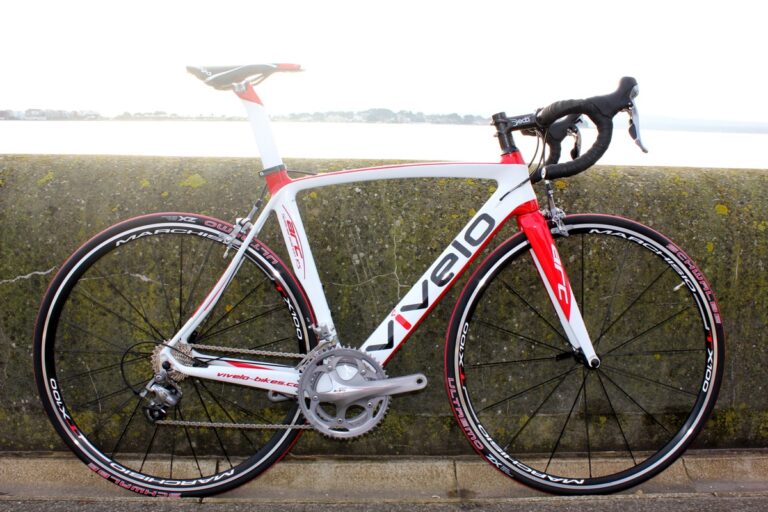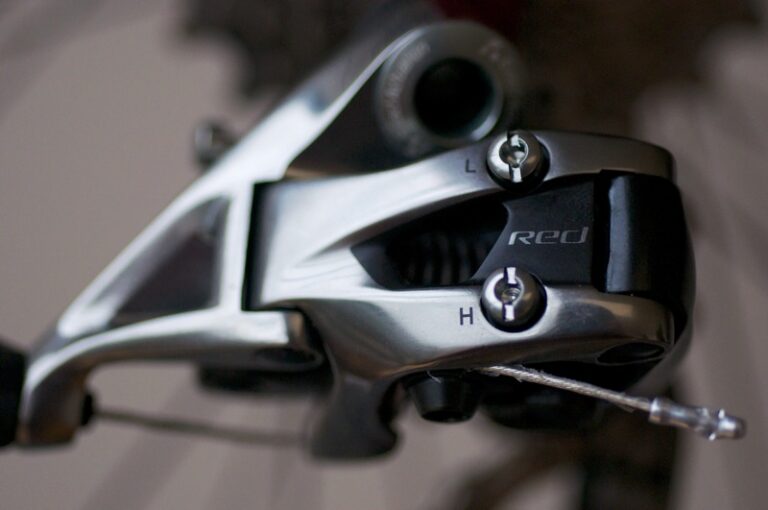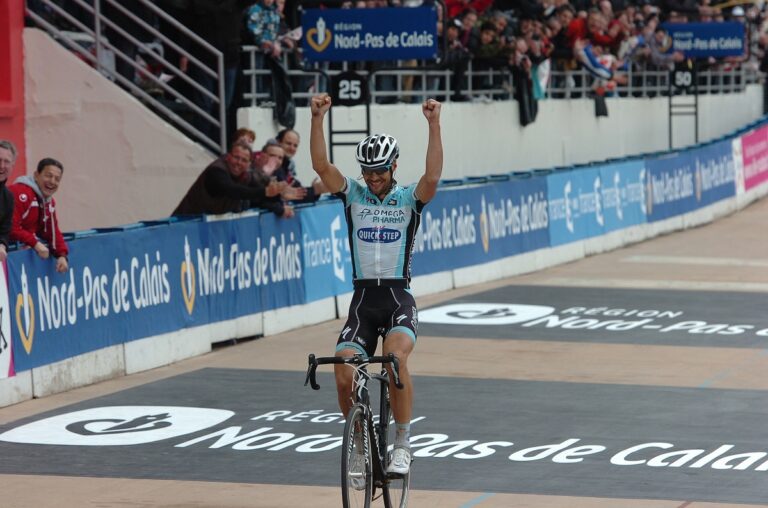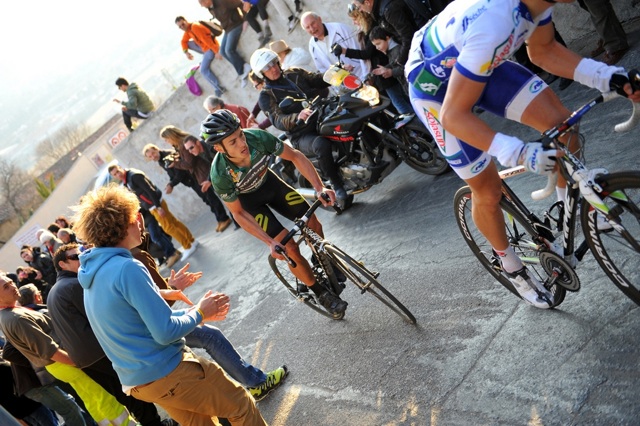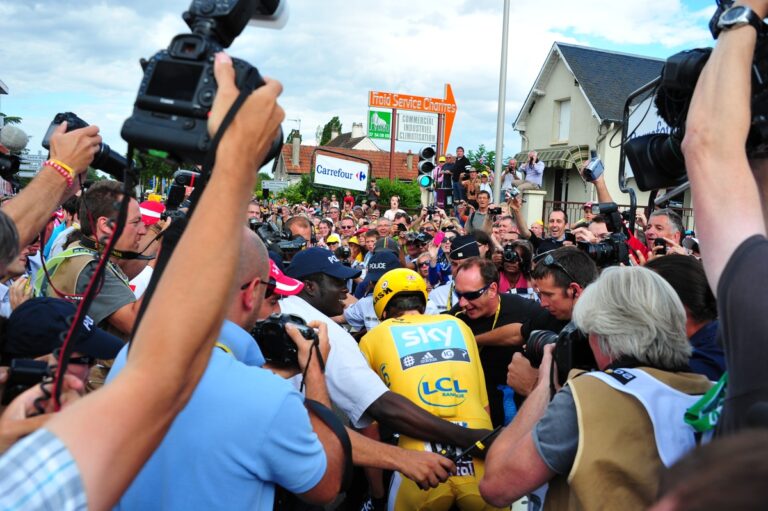In late May, with overall victories in Paris-Nice and the Tour of Romandie already in the bank, Bradley Wiggins returned to Tenerife for further altitude training with the team with whom he hoped to win the Tour de France.
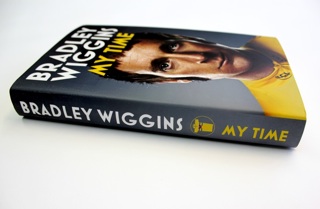 Many of those on whom Wiggins will rely for the greatest victory of his career, or that of any British cyclist, are present.
Many of those on whom Wiggins will rely for the greatest victory of his career, or that of any British cyclist, are present.
The group has trained already for four and a half hours, racking up 4,000 metres of climbing, in temperatures averaging 35 degrees.
Tim Kerrison, the sports scientist brought to Team Sky by Dave Brailsford in 2010, and who is training Wiggins with the team’s head coach, Shane Sutton, suggests a final 25-minute effort.
After the day described above, a further 25 minutes of steady climbing would seem brutal. The 25 minutes Wiggins completes with just two of his teammates, Mick Rogers and Kosta Siutsou – Chris Froome, Richie Porte and Christian Knees are spent – involves five intervals, each of five minutes. The first minute is spent at 550 watts: full gas, or what Wiggins describes as “prologue power”. The remaining four require an output of over 400 watts: big gear, out of the saddle, climbing from 1500 to 2000 metres. These are the efforts required to win the Tour de France.
The physical side is only half the story. Wiggins’ historic victory is owed as much to his personal evolution as team leader; a role he signed up to at the end of 2009, but didn’t grow into until 2011. The death of his grandfather, and sole male role model after Wiggins’ junior and his mother were abandoned by track rider, Gary Wiggins, was the low point of an appalling 2010 for the future champion. The team’s continuing search for a training programme that would return Wiggins to the form of his fourth placed finish [now third, post-Armstrong] was ongoing, and the new leader’s failure to find the physical or mental wherewithal to meet the responsibilities of his new role had left him ill-prepared for this latest calamity. Honesty, the help of British Cycling’s psychologist, Steve Peters, and some tough love from the team’s senior management, Shane Sutton in particular, helped bring the psychological change that saw Wiggins attend the first training camp of 2011 a changed man.
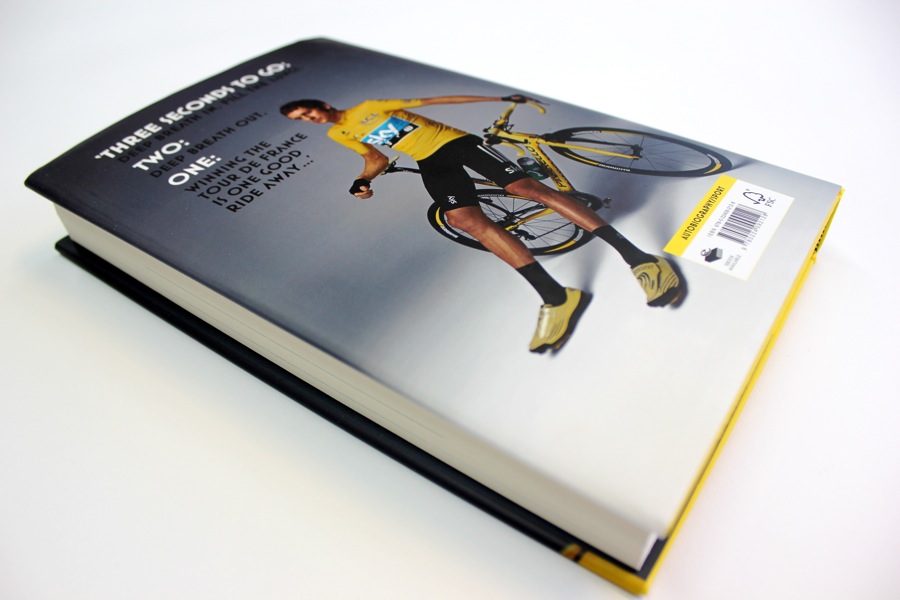
The rest is, in a very real sense, history. Wiggins candidly admits to relief at crashing out of the Tour de France, when, weakened by a pre-race bough of dihorea, he wondered if his hard work had produced he form required. The turbo training sessions in a garden shed heated to 35 degrees as he recovered from the broken collar bone sustained and prepared for the Vuelta a Espana, proved to be another turning point. Entering the Vuelta with few racing miles but with a sustained period of specific training delivered tangible results. A blueprint had been uncovered and would form the basis of his assault on the Tour.
Bradley Wiggins: My Time (Yellow Jersey Press, £20) is accessible to a readership of non-cyclists, but for fans and participants of the sport, is fascinating. Sufficiently detailed to flesh out the ‘scientific approach’ tag that most accept but few understand, it covers most levels of Wiggins existence – cyclist, team leader, husband, father, son – during the most important years of his life, with the candour that has become his trademark.
His relationship with Mark Cavendish is illustrated with anecdotes: a box of energy gels won by Wiggins the professional as a prime in a track race and gratefully accepted by the hard-up student of British Cycling’s academy; the world road race champion’s unflagging support for Wiggins even as it became increasingly apparent that his own ambitions would be sacrificed for those of his leader; Wiggins pride at riding so effectively for Cavendish in Copenhagen.
The most engrossing chapter details Wiggins’ most engrossing ride: the 53.5km time trial from Bonneval to Chartres that sealed his Tour victory. He recalls the calm flow of instructions from Sean Yates in the team car and imagining the reaction of James Murdoch from the passenger seat, using the helicopter hovering above Chris Froome as a marker of his progress, and, in the final four kilometres, childhood memories as he drove to the line and delivered The Punch.
‘My Time’ is co-written by Guardian sports writer, William Fotheringham, who helps to tell the story in the direct but eloquent tone that Wiggins watchers will recognise countless radio and television interviews. It is an absorbing read that covers Wiggins’ career from his departure from Garmin to his latest Olympic success. Cycling fans will relish the horse’s mouth accounts of the triumphs they have watched unfold this year, while newcomers to the sport, attracted by the man’s performances this year, both on and off the bike, should find more to enjoy.

